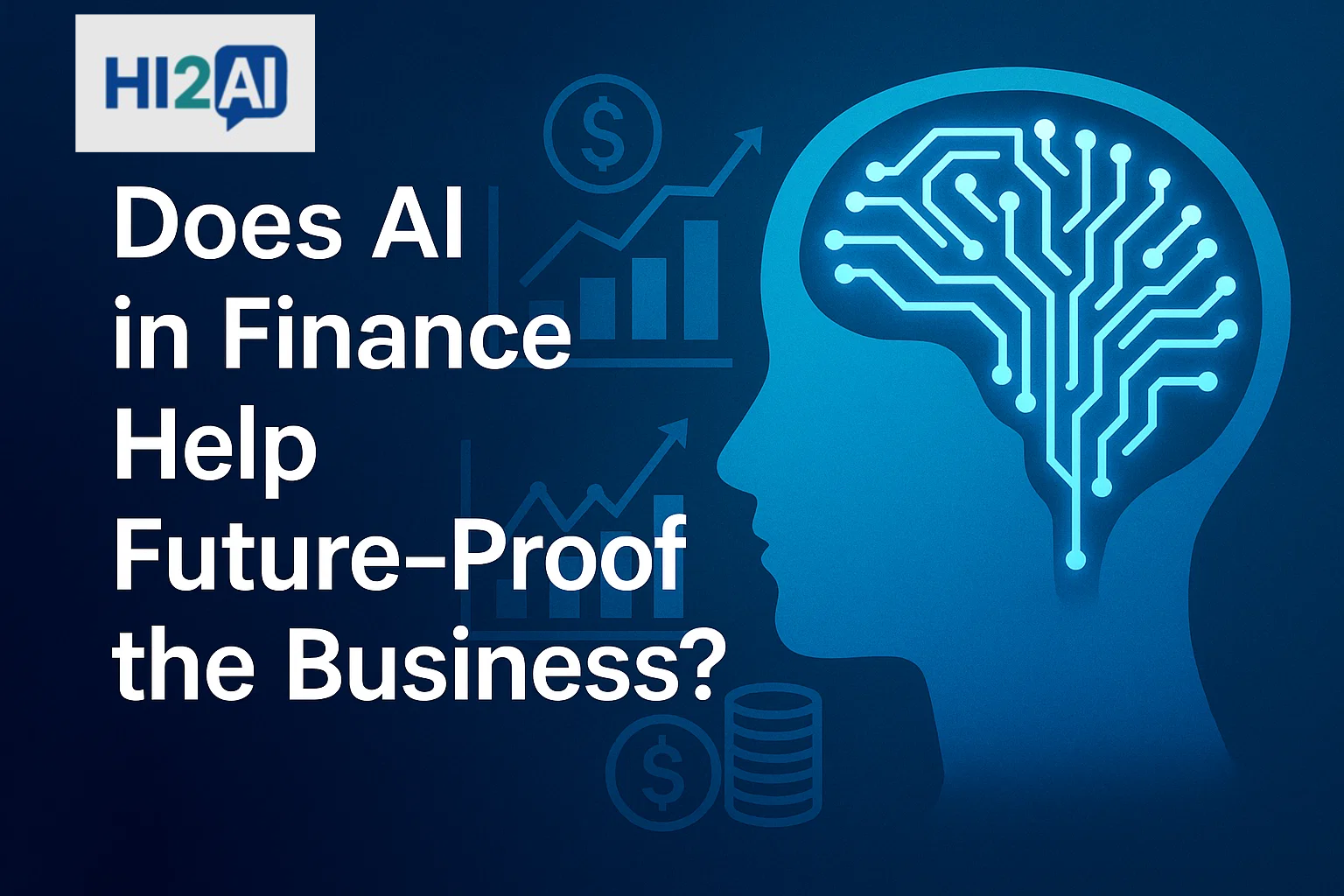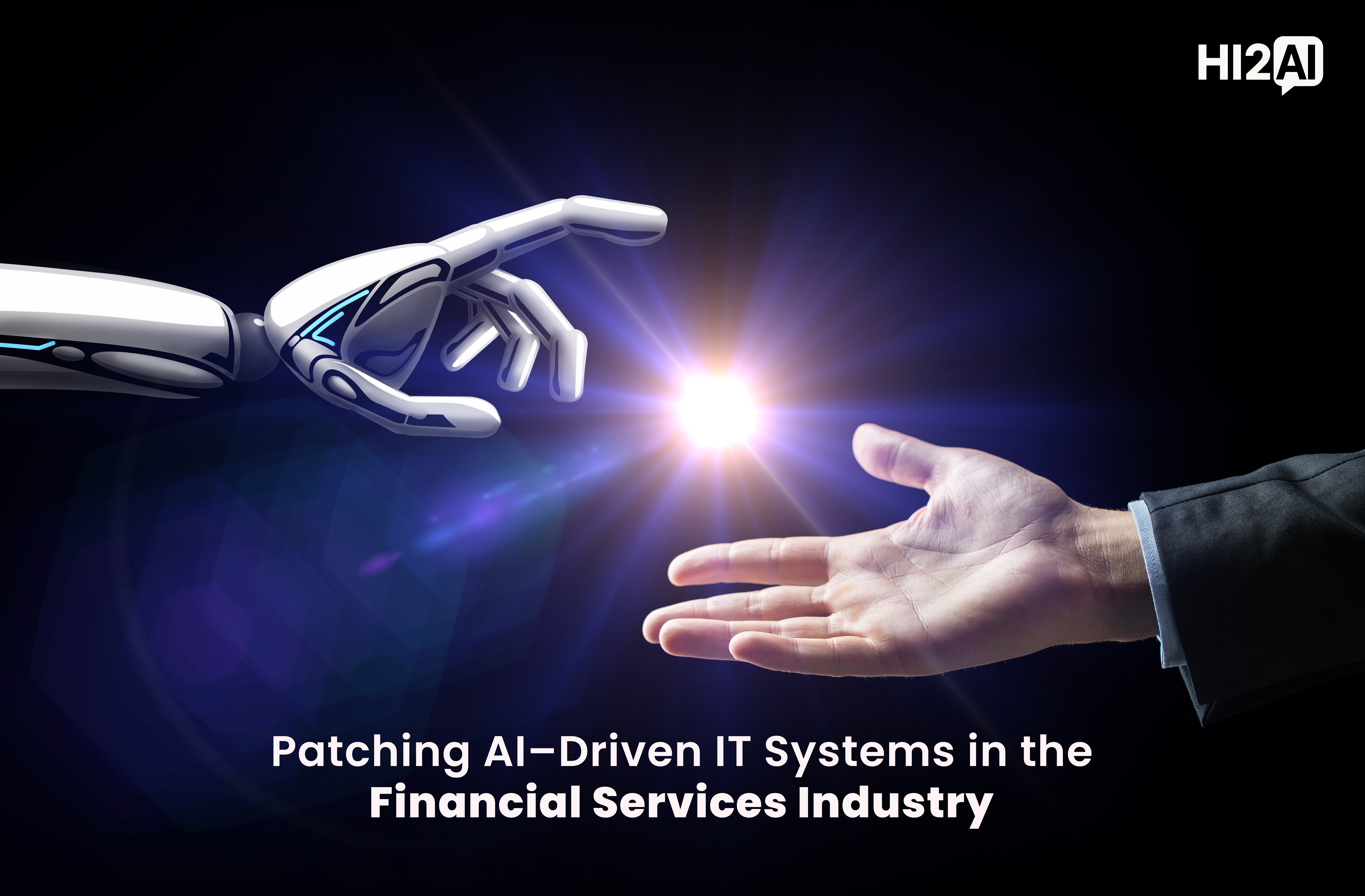
By Amisha Kapoor and Narasimham Nittala
“The real power of AI in finance isn’t automation – it’s transformation.”
AI is no longer an emerging concept. It is already transforming how finance organizations forecast, analyze, and advise. But the critical question remains: Does AI truly help future–proof business?
From Automation to Augmentation
For much of the past decade, automation in finance has focused on efficiency, accelerating close cycles, improving reconciliations, and eliminating manual effort. While these automation gains are meaningful, they represent only the first stage of transformation.
The next frontier is augmentation – the act of making something greater or larger by adding to an existing practice. AI now joins human efforts to elevate human judgment and enhance decision–making. Already a reality, leading finance organizations are leveraging AI to:
- Detect anomalies and risks faster than traditional controls.
- Generate predictive financial forecasts that continuously learn from new data.
- Transform unstructured information into actionable strategic insights.
- Position finance as a strategic engine for growth, not merely an accounting, bookkeeping or a reporting function.
This shift redefines finance’s role from transactional stewardship to strategic partnership.
Data Integrity: The New Currency of Trust
The effectiveness of AI depends entirely on the quality of the data that fuels it. Without clean, consistent, and governed data, even the most advanced AI models can yield misleading or inaccurate conclusions. Read our Article on AI Hallucinations.
Finance leaders must now treat data as a strategic asset ensuring transparency, governance, and integrity across the enterprise. And this is where the synergy between finance and data management becomes a seamless organizational fabric.
AI as a Catalyst for Agility
The true potential of AI extends beyond efficiency; it lies in enabling organizational agility. AI allows finance to model scenarios, assess risks, and adapt to market shifts in real time, empowering leaders to respond with confidence and clarity. A good example is that of HSBC, which built an AI–powered scenario–modelling tool on the cloud enabling real–time portfolio risk assessment and capital planning.
When finance creates a continuous feedback loop (insight → action → data → refined insight),
the enterprise becomes more intelligent, responsive, and resilient.
Embedded thoughtfully, AI becomes the connective tissue of enterprise agility infusing finance with the foresight, speed, and adaptability needed to shape long–term value rather than simply measure it.
The Human Factor Still Leads
AI can process vast volumes of information, but it cannot replicate human characteristics related to judgment, ethics, or leadership. A Finance leader’s responsibility is to guide this transformation, balancing innovation with control, automation with empathy, and speed with stewardship. To what extent should reliance be placed on AI? This is a mute question that needs to be repeatedly answered.
Futureproofing the business is not about predicting every disruption. It is about building a finance organization that can adapt to any. By combining human insight with AI–driven intelligence, finance can learn continuously, respond decisively, and evolve ahead of change. When applied responsibly and strategically, AI becomes not just a tool of efficiency, but a trusted ally in creating a finance function and an enterprise that is truly future–ready.
Redefining the Finance Talent Model
AI will not replace finance professionals. It will redefine them. As advanced tools take on transactional work, finance’s value proposition moves towards analysis, storytelling, and influencing business strategy.
Future–ready finance teams will blend data fluency with business acumen, translating AI–generated insights into decisions that drive growth and resilience. To enable this, organizations must embed continuous upskilling, reskilling, and digital curiosity into their culture. Developing a workforce that can interpret, challenge, and apply AI insights will be essential to maintaining competitive advantage.
Yet, as AI’s role in finance expands, so does its risk surface. Algorithms that uncover insights can also amplify bias, create opacity, and expose organizations to new forms of operational and reputational risk if not governed responsibly.
The Journey is Not a Bed of Roses
While infusing AI into finance is exciting and interesting, it is not without its own share of risks. Some of the top AI risks in finance include:
- Model Bias and Ethical Risk – Incomplete or biased data can distort forecasts and decisions.
- Data Privacy and Security – Integrated data environments heighten exposure to breaches.
- Model Drift and Accuracy Risk – AI models can degrade over time without regular recalibration.
- Compliance and Explainability – Regulators now demand transparency in AI–driven outcomes.
- Overreliance on Automation – Excessive dependence on algorithms can weaken control discipline.
To address these, leading organizations are adopting AI–specific Financial Risk Management (FRM) frameworks that extend traditional controls. Notably,
- Model Risk Management (MRM 2.0): Ensuring algorithm transparency, data lineage, and bias testing.
- Responsible AI Governance: Assigning clear accountability for AI decisions across finance, risk, and technology functions.
- Human–in–the–Loop Controls: Embedding checkpoints where human experts validate and challenge AI outputs.
Future–ready finance teams must therefore master both AI’s capabilities and controls balancing innovation with integrity to ensure automation strengthens, not undermines, enterprise trust and value.
The Way Ahead for AI in Finance
AI will not merely reshape finance. It will reimagine its purpose. The function will evolve from reporting the past to continuously predicting and influencing the future. Decision–making will become more data–driven, cycles will compress from months to moments, and finance will sit at the center of enterprise intelligence where insight, strategy, and execution converge. To realize this potential, the offices of the CEO and CFO must lead deliberately, balancing ambition with accountability. Three critical next steps that spring up are:
- Build Responsible AI Governance: Create enterprise–wide standards for ethics, model transparency, and data stewardship.
- Invest in Digital and Human Capabilities: Combine data literacy with strategic influence through continuous upskilling and human oversight.
- Reimagine Finance Operating Models: Embed AI into planning, forecasting, and decision–support processes to build a dynamic, insight–driven organization.
Ultimately, the future of finance will belong to leaders who see AI not as a technology project, but as a strategic transformation, one that fuses intelligence with integrity to unlock enduring enterprise value.
Closing Thoughts
AI’s promise in finance is not just automation, it’s elevation. Those leaders who harness it responsibly will redefine what finance means to the enterprise: a function that doesn’t just measure value but creates it continuously. The future of finance is intelligent, adaptive, and unmistakably human at its core.
- What’s your view?
- Is there any finance process you would never want AI to replace and why?
About This Article:
As Artificial Intelligence reshapes the financial landscape, understanding its strategic and operational implications has never been more critical. Published as part of Financial Technology Frontiers (FTF)’s Hi2AI Series, this Article explores how AI is redefining the finance function enhancing agility, driving insight–led decision–making, and enabling enterprises to adapt with speed and confidence. Authored by Amisha Kapoor and Narasimham Nittala, this piece delves into both the promise and the perils of AI in finance, offering a balanced view of innovation and risk. Written in an accessible, practitioner–focused format, it aims to raise awareness about responsible AI adoption across financial organizations.
FTF believes that financial service providers, Fintech entities, consulting firms and technology companies can all benefit from reflecting on the perspectives shared here and consider how their own approaches to AI Risk Management can evolve. Practitioners in other industries are equally encouraged to adapt these insights to their unique contexts.
About Hi2AI
Hi2AI is FTF’s AI ecosystem For Financial Services. Hi2AI is a trusted community shaping the future of Artificial Intelligence in Financial Services by driving responsible innovation, influencing policy with regulators, and crafting future standards that ensure growth, resilience, and trust across the global financial ecosystem. Hi2AI exists to accelerate the responsible adoption of AI across the global financial ecosystem through:
- AI–Driven Industry Collaboration.
- Ecosystem Connection & Innovation.
About Financial Technology Frontiers
Financial Technology Frontiers (FTF) is a global media–led fintech platform dedicated to building and nurturing innovation ecosystems. We bring together thought leaders, financial institutions, fintech disruptors, and technology pioneers to drive meaningful change in the financial services industry.
All sources are hyperlinked.




